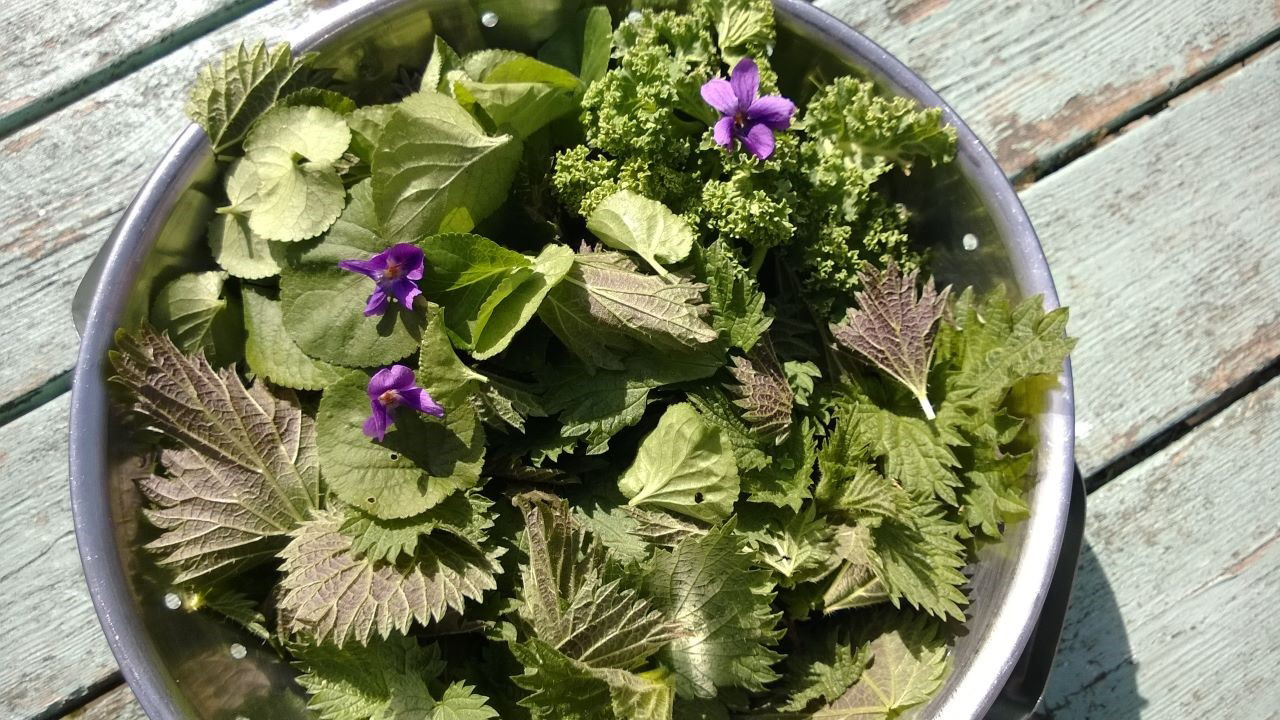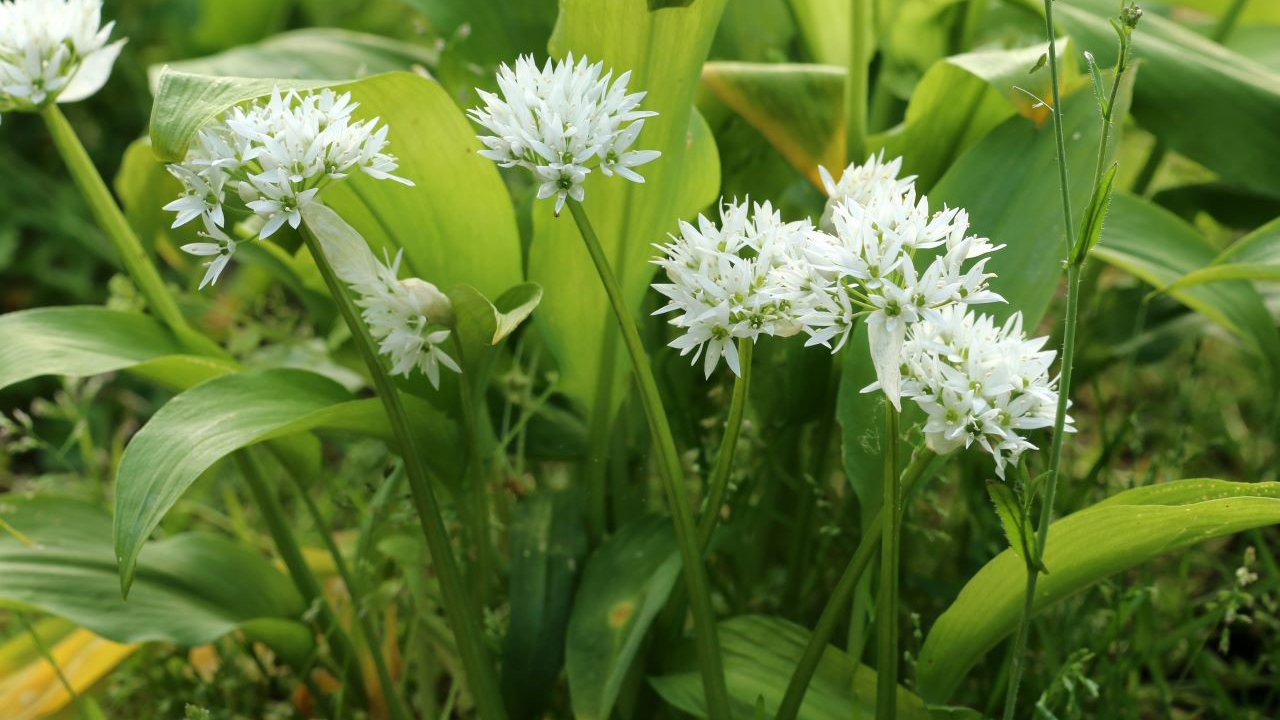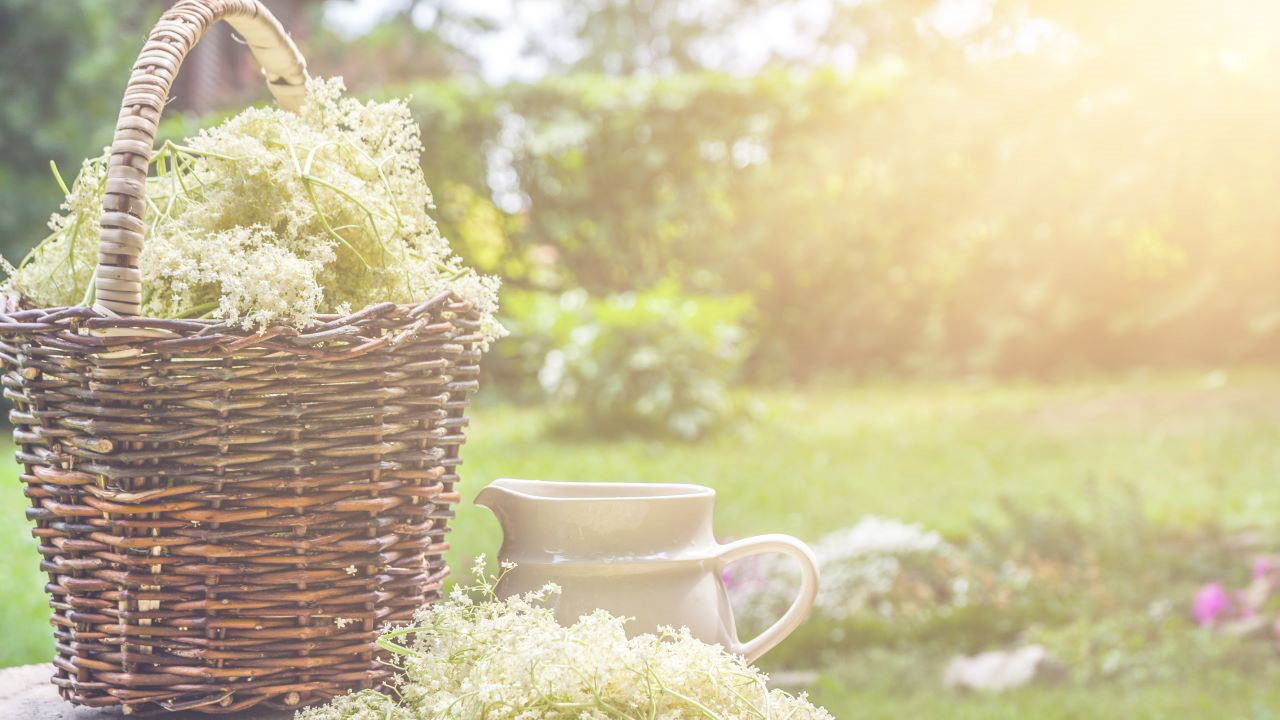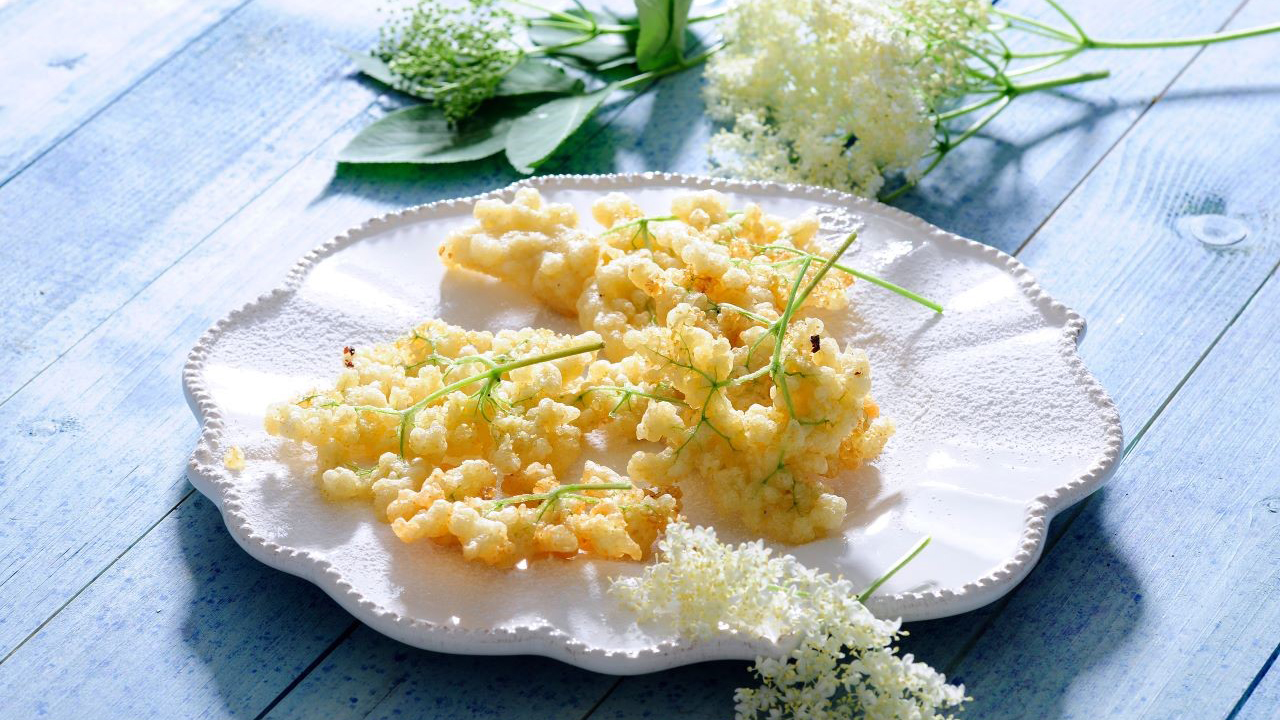You can find delicious, nutritious free food in towns and cities as well as the countryside. You just need to know where to look, what to look for and what you can do with the surprising array of plants in your area. We also provide you with some useful facts on the nutrients contained within common vegetation.
Don’t forget to seek permission to pick from land that belongs to someone else. Plants are protected, so do your research before reaching for your herb basket. Avoid picking too close to roads (because of car fumes) and where people walk their dogs.
Harvest respectfully by only taking a small amount from each plant. And be careful not to cause any damage as you forage.
Nettles

Nettles fact file
- Nettles are plants that have been used for centuries for medicinal and nutritional purposes, as fibre and as a horticultural aid.
- Nettles contain vitamins A, C, E and K and minerals that help the body stay healthy.
Where to find nettles
- Finding nettles will be a common occurrence for many of us, as they grow in any nutrient-rich soil
- Because of this, avoid picking them from polluted areas, as they will draw pollutants up as well.
- Redrow homebuyers at our forthcoming development at The Point at Thorpe Park in Leeds will find a glut of nettles in the nearby Primrose Valley Park (LS15 7JA).
Nettle cordial
- 500ml water
- 1kg sugar
- 40g citric acid
- 200g clean nettle tops
Heat the water and sugar together until the sugar is completely dissolved. Stir in the citric acid and the nettle tops. Let this mixture stand for a few minutes so the flavours can mingle together. Pour into a sterilised jar and leave for a week. Stir each day but, otherwise, keep the jar covered. Strain and use the cordial as a mixer for cocktails or as a soft drink. Kids tend to love its surprising pink colour. The cordial can also be used as a dessert topping.
Wild garlic

Wild garlic fact file
- Wild garlic is a plant that likes damper, shady areas (woodlands) and appears in the spring and dies back mid-summer
- Its leaves (which appear in March) and flowers (which appear from April) are edible
- Wild garlic is known for its antibacterial, antibiotic and, possibly, antiviral properties
- It contains vitamins A and C, calcium, iron, phosphorus, sodium and copper
Where to find wild garlic
- Walk through old woodlands in spring and you may chance upon a sea of green spears pushing through the ground
- Sniff the air for a strong, attractive garlic smell to detect this plant, also known as ramsons
- Its smell is thought to repel cats (so it may be useful in your back garden, if you’re trying to attract birds)
- Wild garlic can be confused with poisonous arum lily
Redrow homebuyers in Herefordshire and Worcestershire will find plenty of wild garlic in woodlands around the Malvern Hills (WR13 and WR14).
Wild garlic, potato and chorizo frittata

Ingredients
- A handful of clean wild garlic
- 100g sliced chorizo
- 200g cubed, cooked potatoes
- 4 free-range eggs (beaten)
- A thinly sliced small onion
- 50g butter
- Flatleaf parsley and fennel leaf tops
- Seasoning
Method
Melt the butter in a frying pan and add the onion and chorizo. Cook and stir for about six minutes, or until the onions are soft and lightly browned. Add the potatoes and coat them with the buttery chorizo juices. Tear the garlic leaves, toss them in the pan and mix everything together. Pour in the eggs and give the pan a shuffle. After a couple of minutes, place the pan under the grill to cook the top of your frittata (don’t overcook). A good pinch of flatleaf parsley and fennel leaf tops adds a delicious herby flavour. Season with salt and pepper.
Elder trees

Elder trees fact file
Elder trees offer flowers and berries
The off-white flowers look almost like froth between May and June
The purpley black berries contain vitamins A and C as well as calcium, iron and potassium
Where to find elder trees
- Elders grow in woodland, scrub, hedgerows and even on wasteland; they also make a popular small tree for gardens
- They often grow near rabbit warrens, where the animals spread their seeds via their droppings
- Many types of insect feed on elderflower nectar.
Redrow homebuyers can find elder trees in quite unusual places all over the UK. We found some near our Bloxham Vale development in Oxfordshire (OX16).
Elder flower fritters

Ingredients
- 20 elderflower heads
- Sunflower oil for deep frying
- 100g self-raising flour
- 2 teaspoons cornflour
- 2 teaspoons golden caster sugar
- A free-range egg
- 180ml sparkling water
Serve with
- Icing sugar
- Orange blossom honey
Method
Half fill a large saucepan with the oil and heat up to 180C. As it heats, mix the flours, sugar and a pinch of salt in a bowl. Beat the egg and add the sparkling water. Pour this wet mixture into a well in the middle of the flours. Whisk to a lumpy batter.
Having removed their stalks, dip the clean flower heads into the batter and drop into the hot oil, a few at a time. Cook for 30-60 seconds and place onto kitchen paper to drain. Dust with icing sugar, drizzle with honey and eat while they’re warm and crisp. Use freshly squeezed lemon juice if you prefer to cut through the deep-fried flavour.
In conclusion, embracing the bounty of nature through foraging not only enriches our diets but also connects us to the sustainable living practices that are increasingly important in today's world. As Redrow homebuyers settle into their new homes, they can take advantage of the green open spaces nearby, discovering the nutritional treasures that grow in their local environment.
By incorporating these natural ingredients into your meals, you can enjoy delicious, healthy dishes while fostering a deeper appreciation for the sustainable lifestyle that your new builds promote. So, grab your herb basket, explore the beautiful surroundings, and enjoy the benefits of foraging in your community!
Find your nearest development today to start your sustainable lifestyle.



